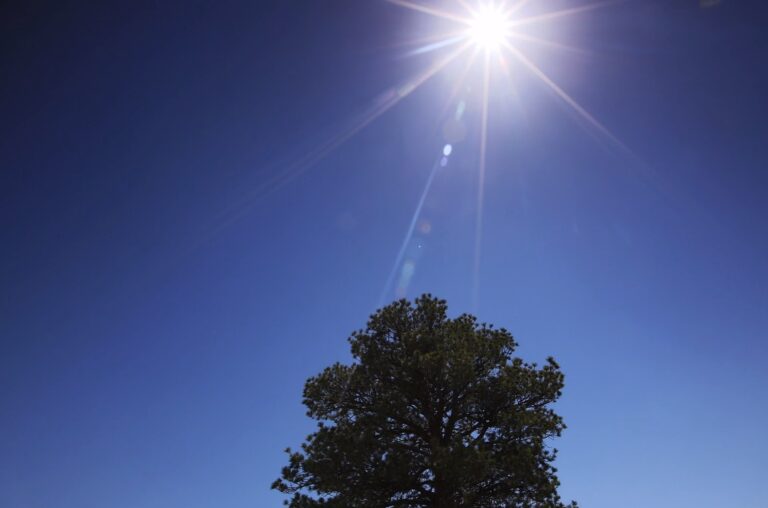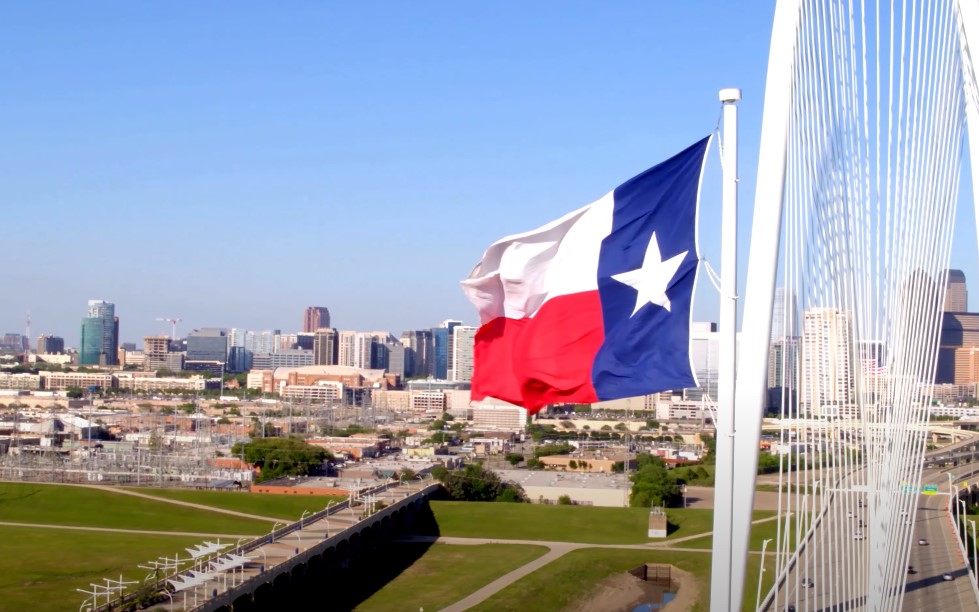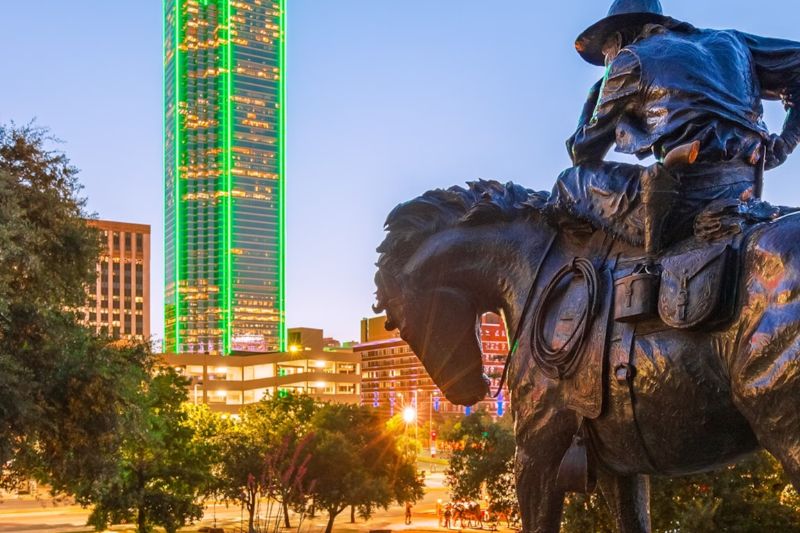Let’s talk about heat waves. No, not the kind that comes with a catchy 80s tune, but the ones that make you feel like a human pancake on a griddle.
It’s about time we stop treating heat waves like they’re just another excuse to complain about the weather and start seeing them for what they really are: a serious threat.
Table of Contents
ToggleThe Reality

You know those days when you step outside and it feels like you’ve walked into an oven? That’s not just “summer.”
Heat waves are becoming more frequent, more intense, and more deadly. Yet, here we are, acting like they’re no big deal. Spoiler alert: they are.
Why Should You Care?
- Health Risks: Heat waves can cause heat exhaustion, heatstroke, and exacerbate chronic conditions. If you think sunburn is bad, try a heat-induced heart attack.
- Environmental Impact: High temperatures can lead to droughts, wildfires, and a decline in water quality.
- Economic Costs: Crop failures, increased energy consumption, and healthcare costs skyrocket during heat waves.
- Infrastructure Damage: Roads, bridges, and power lines aren’t heat-proof. Ever tried driving on a melting road? It’s not fun at all.
The Ignored Crisis
We live in a world where people still argue over whether climate change is real. Meanwhile, heat waves are getting worse. Coincidence? I think not. Our collective ignorance is literally costing lives.
Let’s Talk Numbers
- Deaths: Heat waves kill more people annually than hurricanes, tornadoes, or floods. Yet, they barely make headlines.
- Frequency: The number of heat waves in major U.S. cities has tripled in recent decades. Not doubled, tripled.
- Intensity: We’re seeing higher peak temperatures and longer durations. It’s like nature cranked up the thermostat and lost the remote.
Survival Tips for the Sizzling Heat

So, what can you do when the next heat wave hits? Here are some tips that might just save your life:
- Stay Hydrated: Drink water like it’s going out of style. Avoid alcohol and caffeine because they dehydrate you faster than you can say “iced latte.”
- Seek Shade: If you must be outside, find a shady spot. Trees are your best bet to stay away from these heated periods.
- Dress Appropriately: Light, loose-fitting clothing is key. Dark colors and tight fabrics? Not so much.
- Cool Down: Use fans, take cool showers, and apply wet cloths to pulse points. Your body will feel much more comfortable and relaxed.
- Check on Others: Elderly neighbors, young kids, and pets are especially vulnerable. Be a decent human and make sure they’re okay and have everything they need.
The Role of Urban Planning
Cities aren’t exactly helping with the whole heat wave situation. Urban areas, with all their concrete and asphalt, create heat islands where temperatures are significantly higher than in rural areas. Great for cooking eggs on the sidewalk, not so great for human survival.
Solutions We Need

- Green Spaces: More parks, trees, and gardens can help cool urban areas. Plus, they make cities prettier. Win-win.
- Cool Roofs and Pavements: Reflective materials can reduce heat absorption. It’s a simple fix that could make a huge difference.
- Improved Public Transit: Fewer cars on the road mean less heat generated from traffic. Bonus points for reducing emissions.
The Political Heat
Let’s face it: addressing heat waves isn’t just about personal responsibility. It’s a political issue, too. Governments need to step up their game.
What Needs to Happen
- Regulations and Policies: Stricter environmental regulations and policies aimed at reducing greenhouse gas emissions are essential. Less talk, more action.
- Emergency Response Plans: Cities need comprehensive plans to deal with heat waves, including cooling centers and public awareness campaigns.
- Funding for Research: More money should be allocated to studying heat waves and developing new technologies to combat them.
The Global Picture
Heat waves aren’t just a local problem. They’re a global crisis. Countries around the world are experiencing record-breaking temperatures, and the consequences are dire.
International Cooperation
- Climate Agreements: Nations need to honor and strengthen international climate agreements. No more backing out because it’s inconvenient.
- Shared Technology: Developed countries should share technology and resources with developing nations to help them cope with heat waves.
- Global Awareness: The more people know about the dangers of heat waves, the better prepared they’ll be. Education is key.
Personal Responsibility
At the end of the day, we all have a role to play. It’s not just up to the government or scientists. It’s up to you, me, and everyone else.
What You Can Do
- Reduce Your Carbon Footprint: Drive less, recycle more, and use energy-efficient appliances. It’s not complicated, and it can mean a lot.
- Advocate for Change: Support policies and politicians that prioritize climate action. Your vote matters.
- Stay Informed: Keep up with the latest research and news about climate change and heat waves. Knowledge is power, and the more informed you are, the better action you can take.
Time to Wake Up
So, there you have it. Heat waves are more than just a summer inconvenience. They’re a deadly, costly, and growing threat.
We need to stop shrugging them off and start taking them seriously. It’s time to wake up and smell the sizzling asphalt before it’s too late. Stay cool, stay safe, and even more importantly, stay informed.
















